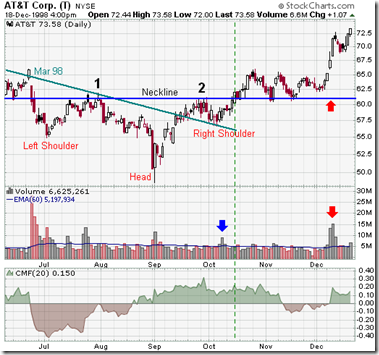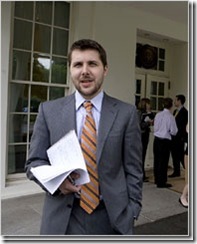The Old Covenant in Scripture was a conditional covenant. It was based on “if” and “then”. IF you will turn from your wicked ways, THEN I will… Both Our Heavenly Father and Israel made commitments. As we know Israel failed and Our Heavenly Father mercifully pulled them out of the fire many times.
The New Testament was based on the unconditional commitment of Love with Jesus going to the cross on behalf of mankind for all generations. This Love did not rely on our performance but relied solely on Jesus and His blood. As a display of His economic responsibility, Jesus fed the multitudes by focusing His Love on the fish and bread to multiply them to meet the economic needs of the people. The mind has a hard time grasping this Kingdom principle. And when the mind cannot grasp something, it will direct you away from this reality. What the mind doesn’t understand, it tends to rationalize to alternate area of understanding.
On June 17th, 2009, President Obama delivered a speech concerning Financial Reform. The following is an excerpt:
“As a result, the failure of one firm threatened the viability of many others. The effect multiplied. There was no system in place that was prepared for this kind of outcome. And more importantly, no one has been charged with preventing it. We were facing one of the largest financial crises in history — and those responsible for oversight were mostly caught off guard and without the authority needed to address the problem.” See: //www.whitehouse.gov/the_press_office/Remarks-of-the-President-on-Regulatory-Reform/
Timothy Geithner, the current Treasury Secretary, was previously the president of the Federal Reserve Bank of New York, the most influential of the twelve Fed Districts. The New York Fed implements monetary policy, supervises and regulates financial institutions and helps maintain the nation’s payment systems.
Current functions of the Federal Reserve System include:
- To address the problem of banking panics
- To serve as the central bank for the United States
- To strike a balance between private interests of banks and the centralized responsibility of government
- To supervise and regulate banking institutions
- To protect the credit rights of consumers
- To manage the nation’s money supply through monetary policy to achieve the sometimes-conflicting goals of
- maximum employment
- stable prices, including prevention of either inflation or deflation
- moderate long-term interest rates
- To maintain the stability of the financial system and contain systemic risk in financial markets
- To provide financial services to depository institutions, the U.S. government, and foreign official institutions, including playing a major role in operating the nation’s payments system
- To facilitate the exchange of payments among regions
- To respond to local liquidity needs
- To strengthen U.S. standing in the world economy
Secretary Geithner was in the middle of all the action while the problem was brewing. How can we expect him and others in leadership to fix a problem that President Obama claims they were caught off guard? In a subtle fashion, he has judged his own cabinet members. This is a serious issue! We need wisdom from above to solve these problems. The solution may not be what we expect but we must rely on our Covenant with Our Heavenly Father to bring us through this mess. The current path leads to destruction.
Congressman Paul from Texas understands the issue:




